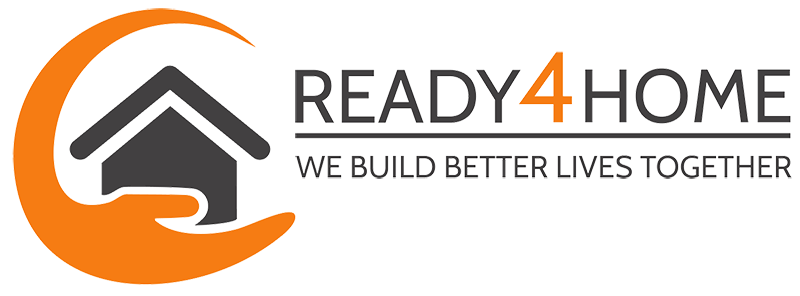Accommodation
Our Supported Accommodation
Ready4Home is based in the Greater Manchester and Lancashire areas. We provide Supported Accommodation for individuals who qualify for our services. We pride ourselves on creating homes for those in need of housing. Our supported accommodation services provide our clients with a safe space and stable foundation so they can rebuild their lives. Our clients may be in recovery or being helped reintegrate after a range of complex issues including (but not limited to) substance misuse, homelessness, domestic violence and sexual exploitation, all with their own set of personal needs and circumstances.
We believe that a stable home is only the start of addressing these issues and work in partnership with local authorities and organisation to provide professional support based on our clients needs and requirements. We firmly believe that everyone deserves to have a chance and a safe home. Without this, long term, sustainable changes are extremely hard to implement.
Making Homes out of Houses
We have a range of different properties starting from single apartments to larger houses of multiple occupancy. Where we place our clients is based on a in depth referral and risk assessment process which determines the best property for their needs.
We primarily house single males, females and families. Every client is assessed on their own merit and placements are carefully planned for the benefit of internal and external residents.
Supported Accommodation
Ready4Home currently has several supported housing accommodation units consisting of shared houses and self contained units across Greater Manchester and Lancashire. All supported accommodation are modelled around our successful initial properties in Salford, Oldham, Preston, Chorley, South Ribble, Wigan, Rochdale and Tameside.
The accommodation we provide our residents with always includes the essentials. Basic furniture such as a bed, wardrobe, chest of drawers, tables and chairs are provided as well as white goods and appliances including fridge, cooker, toaster & kettle. Furnishing houses with these basic amenities comes at a considerable initial cost which most of our residents are not in a position to cover. We help to provide these in a bid to give our clients the best possible start and not set them up to fail.
